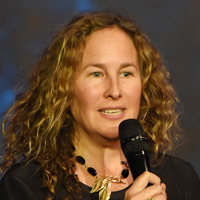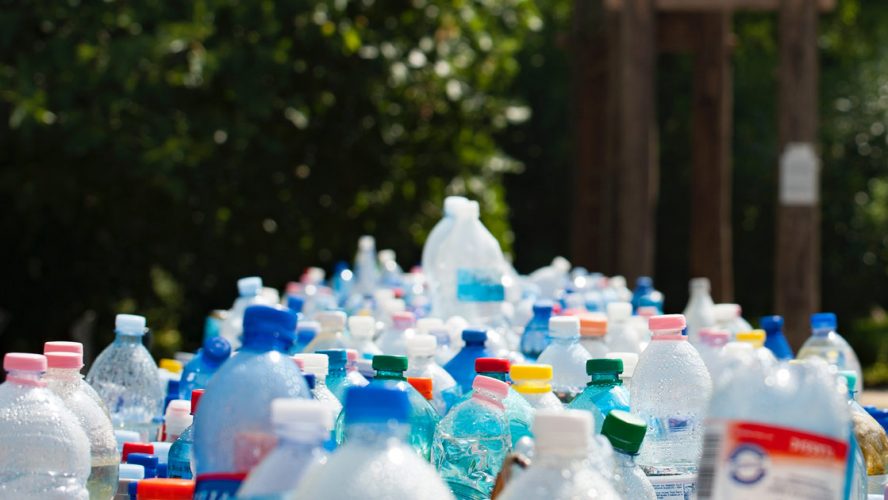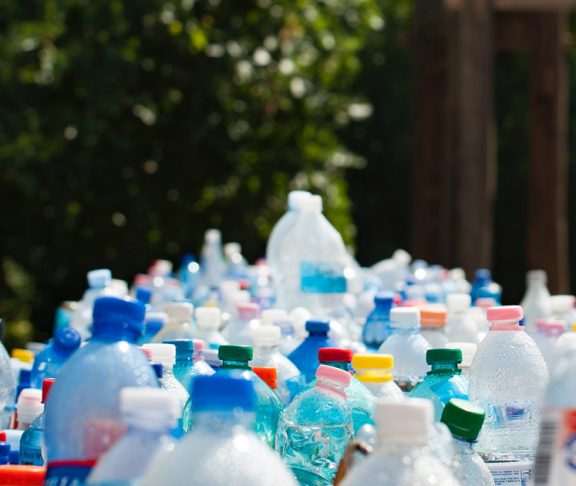
Dianna Cohen
CEO and co-founder of Plastic Pollution Coalition
We can all do our bit to stop plastic pollution in our oceans by putting sustainability issues first and changing our attitude towards consumption of single-use plastics.
Dianna Cohen — CEO and co-founder of Plastic Pollution Coalition, a global alliance of individuals, organisations, businesses, and policymakers working towards a plastic-free world — is staggered by the amount of environmental damage that plastic causes.
“It’s mind-boggling,” she says. “We thought the ocean was a vast space where we could dump things — and when we did they would simply go away. But that doesn’t happen. Look at the Hawaiian island chain which acts as a sieve in the middle of the Pacific. The windward side of every island has plastic vomited out onto it. It breaks my heart. It’s crazy.”
Addressing the plastic problem
Clean-up is an important way to address the problem of plastic pollution in our oceans; but putting the brakes on manufacturing and distribution — source reduction, in other words — is crucial. “A lot of our food and beverages are delivered to us in plastic,” says Cohen. “But it turns out that, because of the chemicals used in plastic production, this is potentially bad for our health. Plastic is a remarkable material. But is it irresponsible to make things out of it for single use items? I believe it is.”
So how do we turn off the plastic tap and reduce pollution? First, says Cohen, companies who decide to wrap their products in plastic should be required to take back the packaging. Full stop. “This is known as Extended Producer Responsibility, or EPR,” she says. “If companies were made to take back 100 per cent of the plastic they give out, we’d be amazed at how quickly their R&D departments would change to more sustainable materials. Secondly, we need policy and legislation to tell companies that, for example, it’s not OK to package all their products in plastic and sell them across India and Southeast Asia.”
Look for alternatives to plastic
It’s great to see a growing awareness of this problem among consumers, says Cohen; but we all need to do more. That means refusing plastic wherever possible and making sure we recycle the plastic materials we do buy.
“We all need to say: ‘We won’t buy this plastic-wrapped product.’ And when we sit down in a cafe insist: ‘No straw with our drink, thank you.’ And when we get food and drink ‘to go’, we should bring our own reusable steel or ceramic cup, glass or bottle with us. We can also save money by bringing our own bags with us when we shop; and by buying food at street markets or farmers’ markets. We’re seeing a lot of people carrying their own bamboo utensils so they aren’t contributing to the creation of more rubbish when eating ‘convenience’ food. I put ‘convenience’ in parentheses, because I don’t believe it is ‘convenient’ to the environment — at all.”
Think before you buy
Taking these steps might sound time-consuming, says Cohen, but this is too important a cause to ignore. And anyway, before supermarkets came along, it’s how we used to shop. “There’s something beautiful about being aware of where our food comes from,” she argues. “We need to back up and look at the things we’re doing, the way we’re living and the products we choose to buy every day, and ask: ‘Are we contributing to a healthy, sustainable planet? Or an unhealthy, unsustainable one?’”

